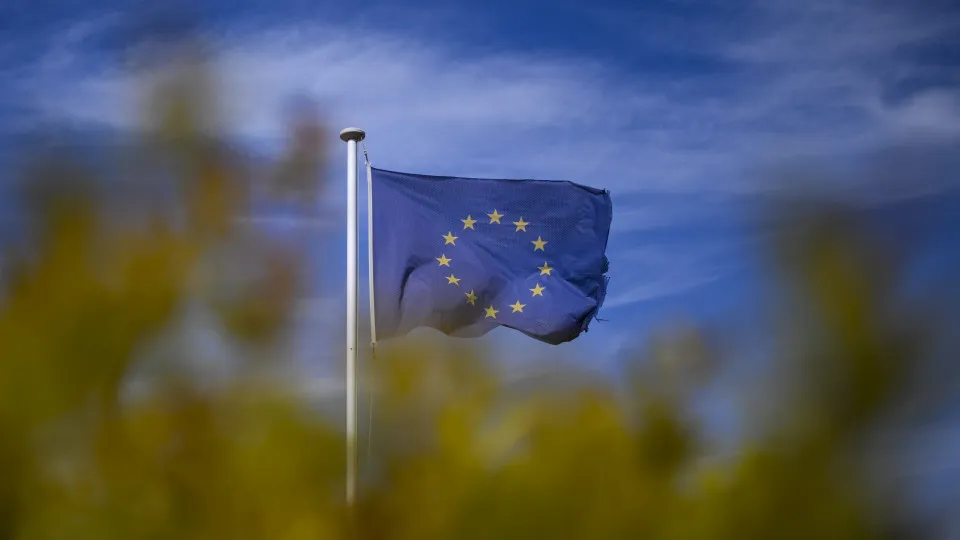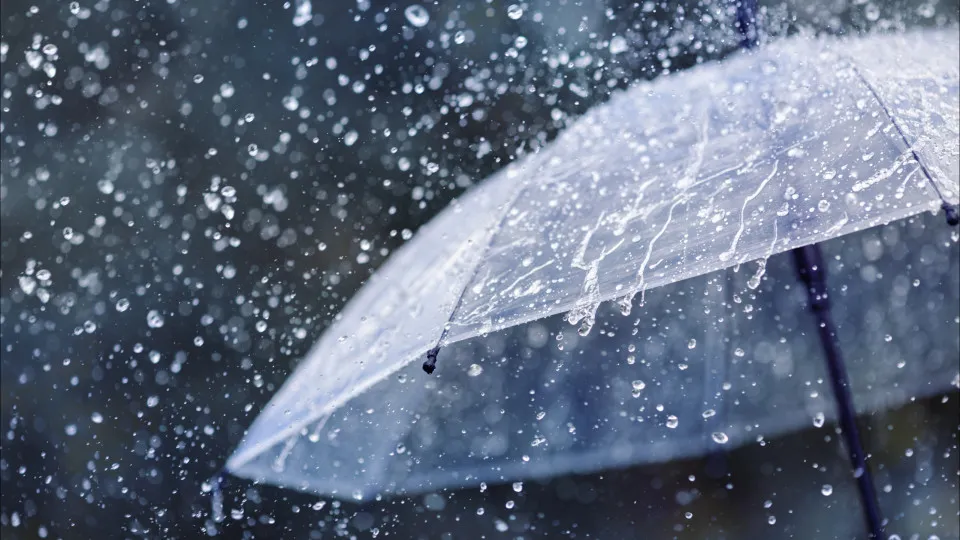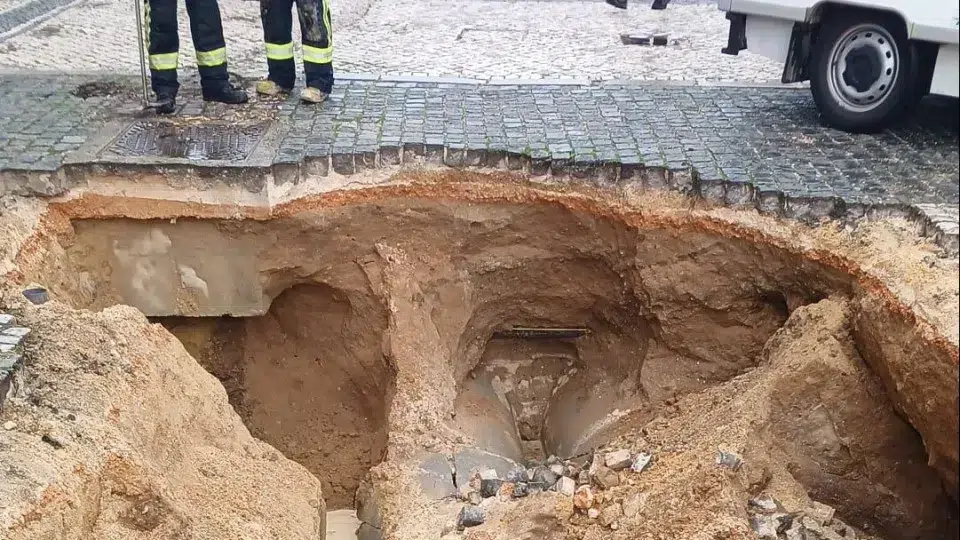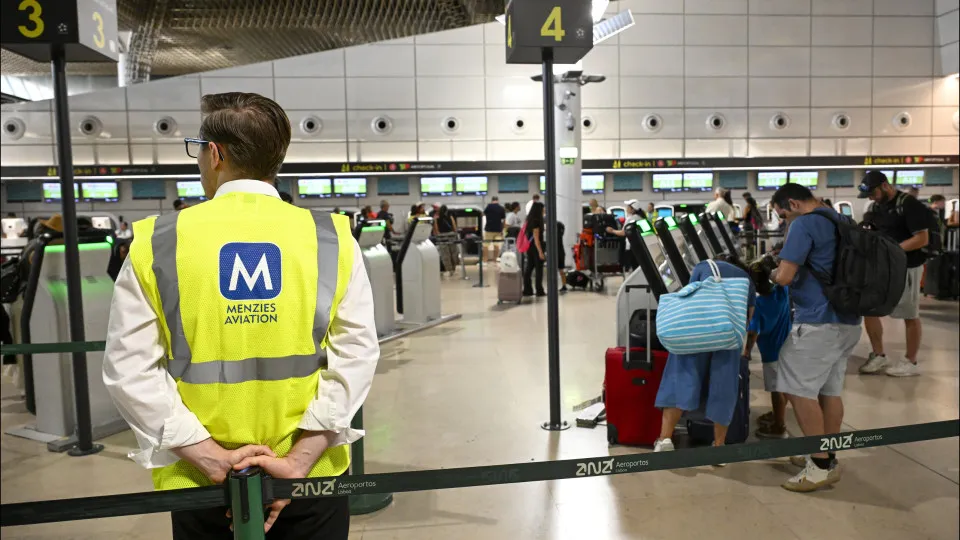
A statement from the European Commission describes a “significant milestone in strengthening bilateral relations,” in an agreement that “represents an important deepening of regional relations, elevating them to a new level of strategic cooperation.”
“The agreement establishes a new legal basis for strengthening political dialogue and deepening cooperation in many mutually beneficial areas,” including trade and investment, sustainable development and connectivity, intellectual property, research and innovation, education, environment and climate change, as well as the rule of law, human rights, and civil society, it outlines.
Additionally, the agreement signed in Brussels reinforces cooperation in foreign and security policy, covering conflict prevention and crisis management, risk reduction, cybersecurity, regional stability, disarmament, non-proliferation, arms control, and export control, Brussels notes.
The agreement also opens opportunities for collaboration in new areas, such as critical raw materials essential for green and digital transitions.
Uzbekistan and Central Asia are important to the EU due to their geostrategic position between Europe and Asia, serving as a vital bridge for trade and energy routes.
The region possesses vast natural resources, including natural gas, oil, uranium, and critical minerals, essential for Europe’s energy transition.
Moreover, the political and economic stability of Uzbekistan is viewed by the EU as crucial for regional security and the control of migration routes and extremism.
The EU also seeks to strengthen cooperation in areas such as trade, environmental sustainability, and human rights, boosting its influence in a region traditionally dominated by Russia and China.
The EU and Uzbekistan have been partners since the country’s independence in 1991.
Since April 2021, Uzbekistan has benefited from unilateral preferential access to the EU market through the special incentive scheme for sustainable development contributions.
The recently achieved agreement will expand the relationship to new areas of cooperation and significantly improve the regulatory framework for trade and economic relations.
Uzbekistan is the EU’s second-largest trading partner in Central Asia.
Global trade between the EU and Uzbekistan reached nearly 4.8 billion euros in 2024, resulting in nearly doubling these bilateral exchanges since 2020.
The EU is Uzbekistan’s third-largest trading partner (accounting for 10.4% in 2024) and its second-largest export destination (7.2% of exports).
The President of the European Council, António Costa, is conducting a trilateral meeting today in Brussels with the President of the European Commission, Ursula von der Leyen, and the President of Uzbekistan, Shavkat Mirziyoyev.




